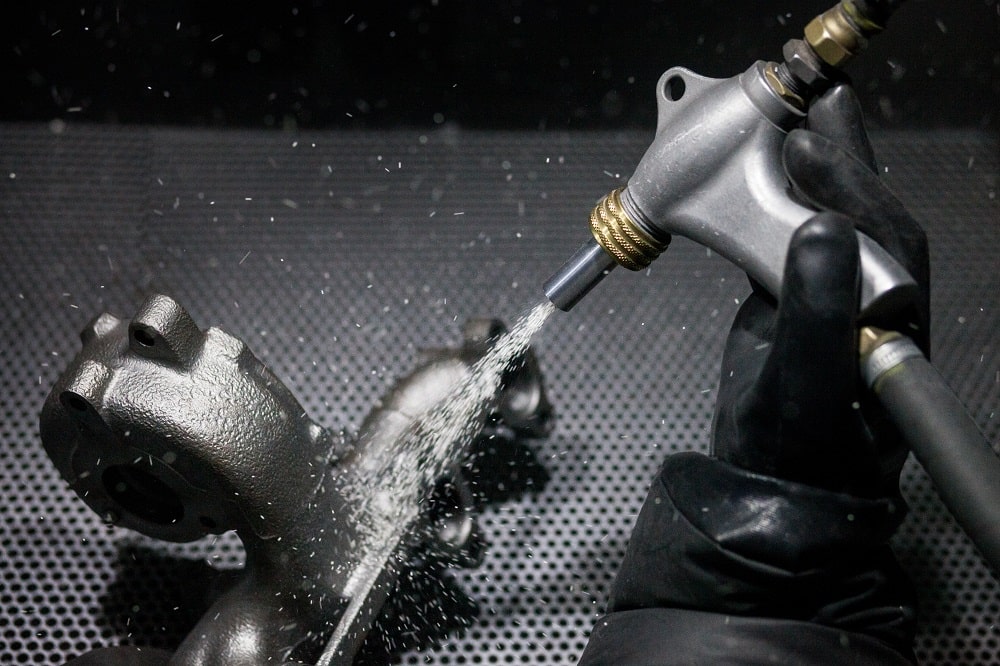 Sand casting has been one of the processes at the heart of the metal casting industry for thousands of years. Despite the addition of many more casting techniques and processes over the years, sand casting still accounts for 70% of all castings today. It is a highly flexible and versatile process with casting weights at NovaCast ranging from a few grams to over 4 tonnes. Tooling costs are relatively low and moulds are cheap to produce making the process particularly suitable for low volume production although sand casting is also used for longer runs and batch production of components. It can be used to cast virtually every metal ranging from low melting-point non-ferrous alloys to specialist Stainless Steels.
Sand casting has been one of the processes at the heart of the metal casting industry for thousands of years. Despite the addition of many more casting techniques and processes over the years, sand casting still accounts for 70% of all castings today. It is a highly flexible and versatile process with casting weights at NovaCast ranging from a few grams to over 4 tonnes. Tooling costs are relatively low and moulds are cheap to produce making the process particularly suitable for low volume production although sand casting is also used for longer runs and batch production of components. It can be used to cast virtually every metal ranging from low melting-point non-ferrous alloys to specialist Stainless Steels.
Achieving a good as-cast surface finish can be a challenge with sand casting although this can be improved greatly if top quality patterns and fine-grained silica sand are used. The process itself, however, creates a requirement for some finishing as running system elements must be removed. There are a variety of standard finishing processes used to produce consistent, high quality components, and to prepare them for their intended use.
Linishing and Fettling
These are the first processes usually performed on raw sand and die-cast components. Fettling removes the risers and excess material while linishing is the process of grinding or sanding the surface to remove surface irregularities.
Shot Blasting & Peening
Shot blasting is used to create a uniform surface finish by removing surface burrs or debris remaining from the casting process. Shot peening is a similar but less aggressive process where finer particles are blasted at the surface thus avoiding the risk of surface cracking in some alloys. These processes provide an excellent key for further surface finishes.
Painting & Powder Coating
Castings can be finished according to customer specification, with wet painting and powder coating being the most common. The choice depending on whether aesthetics, durability or resistance to abrasion is the primary objective.
Surface Treatments
NovaCast can provide any form of surface treatment required including sulphuric or chromic anodising, for enhanced durability and corrosion resistance. Alocrom, which is a chromate conversion coating, can be used where a less durable surface finish is required.
Heat Treatment
Castings can be subjected to various heat treatment techniques that can be used to harden them, change the properties of the alloy or remove internal stresses. NovaCast is able to advise on the options and deliver castings that are optimised for their operating environment.
At NovaCast, we have experience in producing sand castings for use in a wide range of industries using both ferrous and non-ferrous alloys. For help and advice or to discuss your particular requirements please contact our technical sales team on +44 (0) 1225 707466, complete our online contact form or email sales@novacast.co.uk.